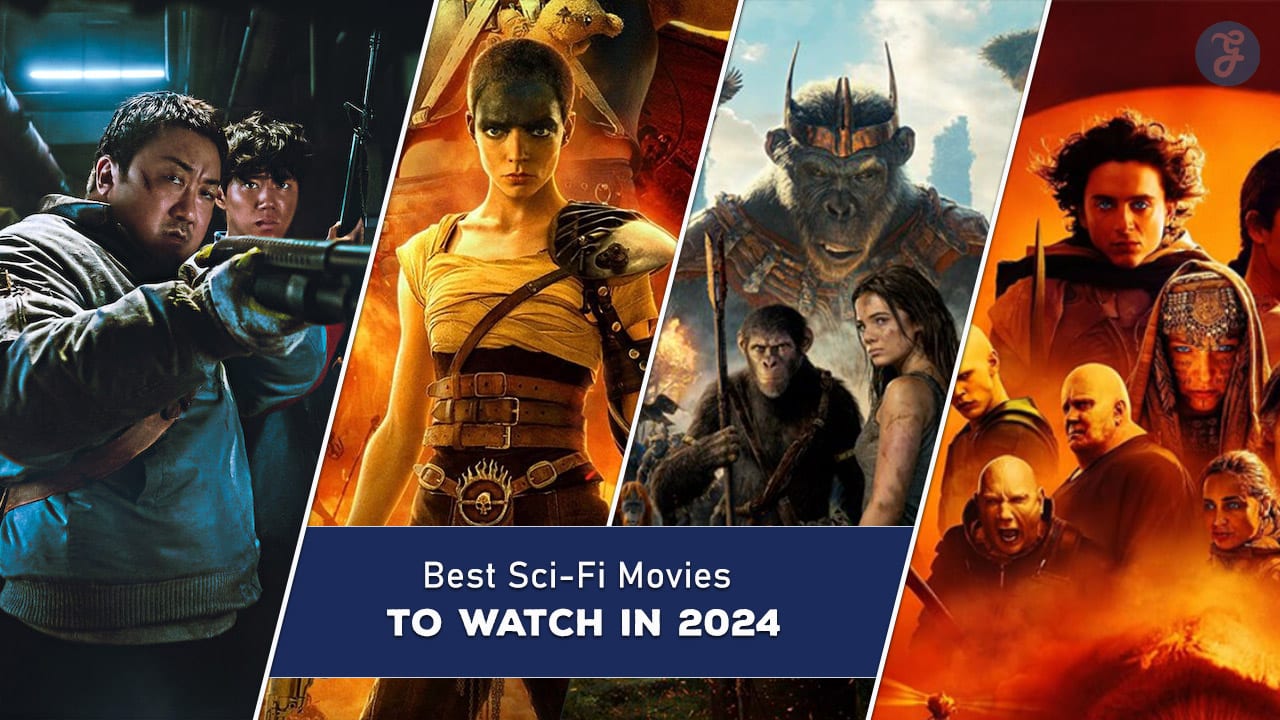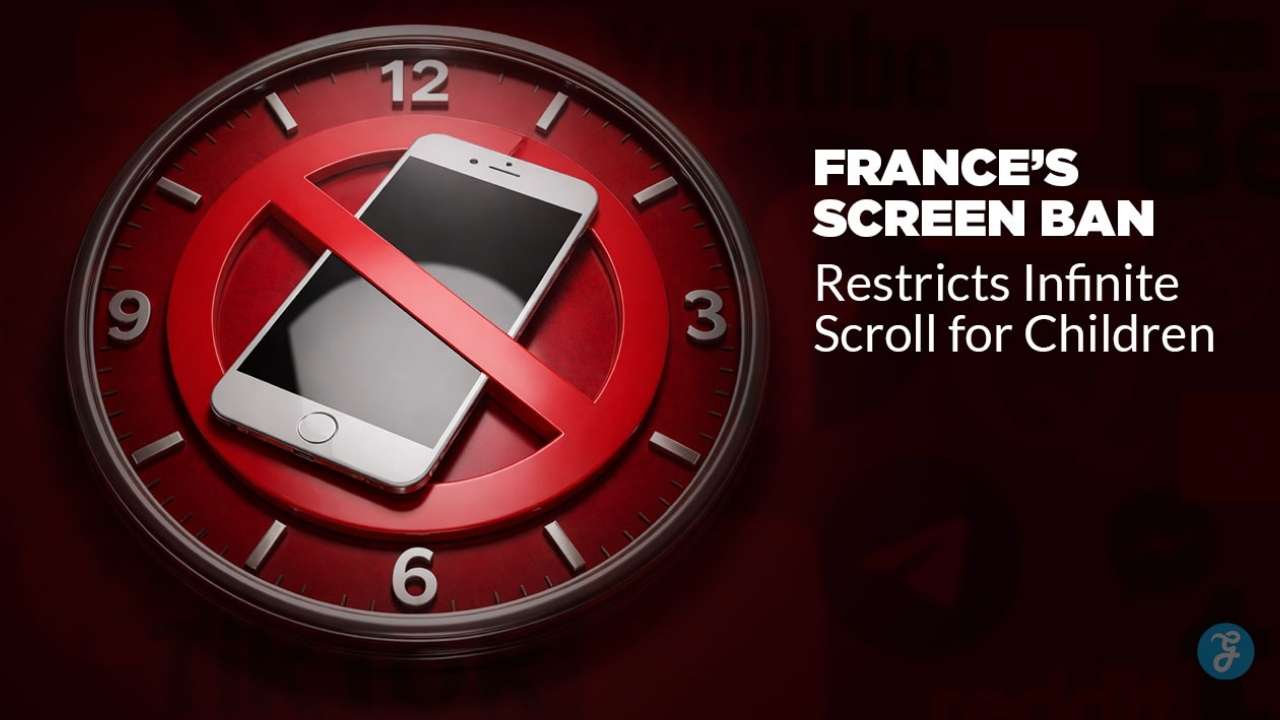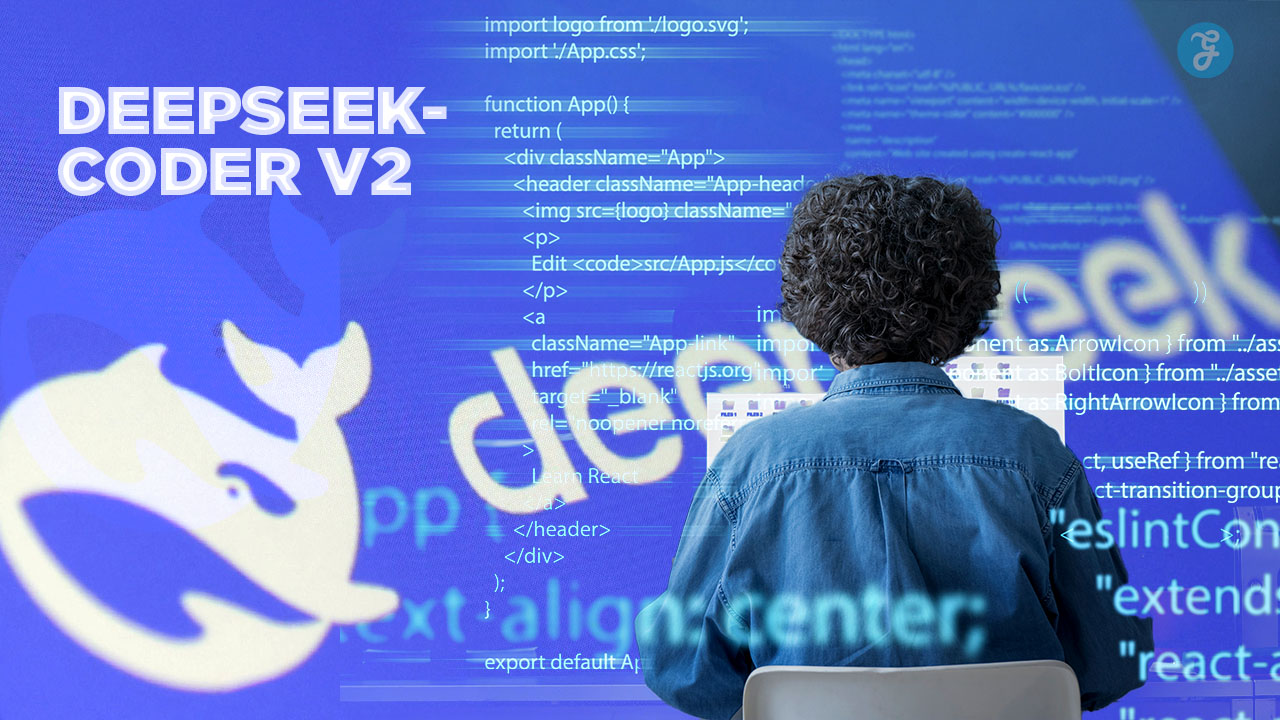Science fiction has long been a genre that transports us beyond the boundaries of time, space, and reality. From distant galaxies to dystopian futures, sci-fi explores themes that are increasingly relevant in today’s world.
In 2025, the genre continues to evolve, offering thought-provoking narratives, innovative visual effects, and bold predictions about the future of humanity, technology, and the cosmos.
More than just entertainment, sci-fi has a unique ability to connect audiences with broader conversations about where our world is heading.
The themes in these films—AI, space exploration, climate change, and more—are not just speculative; they reflect real-world issues that are increasingly shaping our lives.
In a competitive global landscape where technological advancement is key, watching these films can offer an edge by helping viewers engage with forward-thinking concepts and critical ethical dilemmas.
This list of the 10 best sci-fi movies to watch in 2025 will not only entertain but also challenge your perception of the future, helping you stay connected with emerging ideas and giving you an edge in discussions about the rapidly evolving world of technology and science.
The Power of Sci-Fi Movies in Today’s World
The impact of sci-fi movies extends far beyond cinema. These films are mirrors that reflect the anxieties, hopes, and dreams of the present day, while also offering a glimpse into potential futures.
From predictions about the rise of artificial intelligence to the ethics of space colonization, sci-fi films often anticipate real-world trends, providing a space for viewers to explore the implications of scientific and technological advancements.
Consider the role of AI in today’s discussions. Movies like The Matrix, Ex Machina, and Blade Runner explored AI long before it became the mainstream topic it is today.
Similarly, movies about space exploration like Interstellar and The Martian ignited discussions about the feasibility of colonizing other planets—conversations that are now part of serious scientific endeavors by organizations like NASA and private companies like SpaceX.
In today’s hyper-connected, tech-driven world, staying informed about these topics is crucial.
Sci-fi films serve as both entertainment and a way to engage with the cutting-edge ideas that are shaping the future.
They also offer a competitive advantage: those who understand the speculative technologies and ethical dilemmas presented in sci-fi are better equipped to participate in real-world discussions about innovation, science, and societal progress.
The 10 Best Sci-Fi Movies to Watch in 2025
With these criteria in mind, let’s explore the top 10 sci-fi movies that you should watch in 2025. Each of these films pushes the boundaries of imagination while connecting viewers to real-world issues and future possibilities.
1. Dune: Part Two (2024)
Dune: Part Two continues the epic saga of Paul Atreides as he rises to power in the hostile desert world of Arrakis.
After the fall of House Atreides, Paul allies with the desert-dwelling Fremen to seek vengeance against the forces that destroyed his family and oppressed the planet.
As Paul navigates political intrigue, prophecy, and war, he must come to terms with his destiny as the “Muad’Dib.
Why Watch:
With Denis Villeneuve at the helm, Dune has redefined modern sci-fi cinema. The intricate world-building, coupled with stunning cinematography and a deeply philosophical narrative, makes this sequel a must-watch for both fans of the book and newcomers alike.
Key Themes:
Environmental sustainability, power dynamics, leadership, and destiny.
Cultural Relevance:
Dune is a reflection on resource exploitation and environmental destruction, themes that resonate with current global challenges. The planet Arrakis’ “spice” is a metaphor for oil and other natural resources, making the film both a sci-fi epic and a commentary on ecological concerns.
Who Should Watch:Fans of sprawling space operas, political intrigue, and deep philosophical exploration will find Dune: Part Two an unforgettable experience.
2. Rebel Moon (2024)
In a far-off galaxy, Zack Snyder’s film Rebel Moon depicts a tyrannical ruler threatening to destroy a peaceful colony on the outskirts of space.
In a desperate bid for survival, the colony enlists warriors from various worlds to help defend their way of life. The film blends grand space battles with intimate character arcs, drawing inspiration from both Star Wars and Akira Kurosawa’s Seven Samurai.
Why Watch:
Zack Snyder is known for his unique visual style, and Rebel Moon promises to be a visually striking and emotionally engaging sci-fi epic.
The movie explores themes of rebellion, unity, and the fight for freedom, all set against a backdrop of intergalactic warfare.
Key Themes:
Rebellion, freedom, sacrifice, and resistance against oppression.
Cultural Relevance:
Rebel Moon mirrors the struggles for independence and justice seen in many parts of the world today.
The film’s narrative of standing up to tyranny has universal appeal, resonating with audiences across the globe.
Who Should Watch:
Fans of action-packed space operas, rebellion stories, and large-scale sci-fi adventures will be drawn to this epic.
3. Avatar: The Seed Bearer (2024)
Avatar: The Seed Bearer is the third installment in James Cameron’s ambitious Avatar saga. The film continues to explore the world of Pandora, delving deeper into its lush ecosystems and the spiritual connection between the Na’vi people and their environment.
As tensions between humans and the Na’vi escalate, The Seed Bearer promises to deliver even more breathtaking visuals and emotionally charged storytelling.
Why Watch:
James Cameron’s Avatar series is renowned for its groundbreaking use of CGI and its environmental themes.
The Seed Bearer will take audiences on an even deeper journey into Pandora’s mysteries, blending action, emotion, and stunning world-building.
Key Themes:
Environmentalism, colonization, and humanity’s relationship with nature.
Cultural Relevance:
With its focus on environmental sustainability and the clash between nature and industrialization, Avatar speaks to the urgent need for ecological preservation in the face of human expansion and exploitation.
Who Should Watch:
Viewers who love epic visual spectacles with strong environmental messages and emotional depth.
4. The Creator (2023)
Set in a dystopian future where artificial intelligence (AI) and humans are at war, The Creator follows a soldier tasked with finding and eliminating an AI child who could change the course of the conflict.
The movie explores the emotional and ethical dimensions of human-AI relationships, posing questions about empathy, survival, and the future of humanity.
Why Watch:
The Creator offers a fresh take on the AI versus humanity narrative, combining high-stakes action with emotional depth.
The film’s stunning visuals and thought-provoking plot make it a standout in the AI-focused sci-fi genre.
Key Themes:
AI ethics, human-robot relationships, survival, and empathy.
Cultural Relevance:
As AI continues to advance in the real world, The Creator raises timely questions about the moral implications of creating intelligent machines and the future of human-AI coexistence.
Who Should Watch:
Fans of AI-focused sci-fi, philosophical storytelling, and dystopian futures.
5. Project Artemis (2024)
Set during a new space race, Project Artemis focuses on humanity’s ambition to colonize Mars. The film stars Chris Evans and Scarlett Johansson, and centers on the competitive drive between nations and corporations to conquer the next frontier.
Project Artemis blends the thrill of space exploration with personal stories of ambition, rivalry, and scientific achievement.
Why Watch:
With a star-studded cast and a plot that mirrors real-world ambitions for space exploration, Project Artemis is a compelling look at the next chapter in human history.
Key Themes:
Space colonization, human ambition, rivalry, and technological advancement.
Cultural Relevance:
As companies like SpaceX and nations like China and the U.S. race to conquer space, Project Artemis explores the personal and societal stakes of this next frontier.
Who Should Watch:
Space exploration enthusiasts, tech lovers, and those curious about the future of humanity in space.
6. 65 (2023)
In 65, an astronaut crash-lands on prehistoric Earth and must survive against the threat of dinosaurs and hostile environments. This survival-thriller merges futuristic space travel with the dangers of a primitive Earth, offering a unique mix of genres.
Why Watch:
The film combines high-concept sci-fi with prehistoric survival, creating a thrilling narrative about human ingenuity and resilience in the face of danger.
Key Themes:
Survival, human ingenuity, and the clash between technology and nature.
Cultural Relevance:
65 reflects humanity’s timeless struggle to survive and adapt in the face of overwhelming odds—a theme that resonates strongly in an era of environmental uncertainty and technological advancement.
Who Should Watch:
Fans of survival thrillers, action-packed sci-fi, and prehistoric adventure.
7. The Marvels (2024)
In The Marvels, Captain Marvel, Ms. Marvel, and Monica Rambeau team up to face a new cosmic threat. The film blends superhero action with space exploration, making it a thrilling addition to the Marvel Cinematic Universe (MCU).
Why Watch:
The Marvels combines the fun and excitement of a superhero film with the expansive possibilities of space-based sci-fi. The film also highlights the power of teamwork and female empowerment.
Key Themes:
Teamwork, cosmic exploration, female empowerment, and superheroism.
Cultural Relevance:
The Marvels continues the trend of strong female-led blockbusters, reflecting the growing demand for more diverse representation in the sci-fi and superhero genres.
Who Should Watch:
Fans of superhero films, light-hearted sci-fi, and cosmic adventures.
8. The Matrix Resurrections (2021)
In The Matrix Resurrections, Neo returns to a digitally evolved version of The Matrix, where the lines between reality and simulation are blurred even further.
The film revisits the themes of the original Matrix trilogy, including the dangers of AI, digital control, and the search for freedom in a highly controlled world.
Why Watch:
The Matrix Resurrections updates the iconic Matrix series for a new generation, with updated special effects and a deeper exploration of digital dystopias.
Key Themes:
Simulation theory, AI control, human freedom, and reality versus illusion.
Cultural Relevance:
With the rise of AI, virtual reality, and deepfake technology, The Matrix Resurrections feels more relevant than ever, posing critical questions about the nature of reality in the digital age.
Who Should Watch:
Fans of philosophical sci-fi, AI-driven narratives, and digital dystopias.
9. The Wandering Earth II (2023)
A prequel to the 2019 Chinese blockbuster The Wandering Earth, this film explores humanity’s efforts to move Earth out of the solar system as a last-ditch effort to survive a dying sun. The film features large-scale storytelling about planetary survival, global cooperation, and extreme engineering feats.
Why Watch:
With its grand scale and ambitious plot, The Wandering Earth II is a visually stunning and emotionally compelling tale about humanity’s ability to work together in the face of extinction.
Key Themes:
Global cooperation, human survival, extreme engineering, and climate disaster.
Cultural Relevance:
As climate change and other global crises loom, The Wandering Earth II offers a speculative look at the lengths humanity might go to in order to survive.
Who Should Watch:
Fans of disaster movies, space epics, and international sci-fi.
10. Oppenheimer (2023)
While not traditionally a sci-fi film, Oppenheimer delves into the ethical implications of technological advancement through the lens of J. Robert Oppenheimer, the physicist behind the development of the atomic bomb.
The Christopher Nolan-directed movie examines the moral conundrums that scientists faced as they developed the most destructive weapon in human history.
Why Watch: Oppenheimer combines intense drama with scientific exploration, offering a deeply philosophical and morally complex narrative about the consequences of scientific discovery.
Key Themes:
Ethical dilemmas, technological advancement, the role of science in society, and the cost of progress.
Cultural Relevance:
In an era of rapidly advancing technologies, Oppenheimer raises crucial questions about the moral responsibilities of scientists and the potentially devastating consequences of their innovations.
Who Should Watch:
Viewers interested in the history of science, morally complex stories, and the intersection of ethics and technology.
How Sci-Fi Movies Connect and Compete in the Global Landscape?
Sci-fi films do more than entertain—they engage viewers in global conversations about technology, ethics, and the future.
Movies about AI, space exploration, and climate change often mirror real-world discussions, helping audiences connect with broader societal concerns.
These films offer a platform for speculative thinking, encouraging viewers to consider the implications of scientific advancements and how they might shape the world.
Additionally, sci-fi movies often reflect the competitive landscape of scientific discovery and technological innovation.
Films about space colonization or AI reflect the real-world competition between countries and companies to push the boundaries of human knowledge.
Watching these films helps viewers stay informed about the latest technological trends and prepares them to participate in global discussions about the future of humanity.
What Watching Sci-Fi Can Teach You About Staying Competitive in Real Life?
Sci-fi movies aren’t just about escapism—they teach valuable lessons about creativity, critical thinking, and problem-solving.
By watching these films, viewers can expand their understanding of future technologies and ethical dilemmas, giving them a competitive edge in discussions about innovation and science.
Sci-fi movies challenge audiences to think outside the box and imagine new possibilities, making them valuable tools for anyone looking to stay ahead in a rapidly changing world.
In addition to fostering creativity, sci-fi films offer insights into the moral and ethical responsibilities that come with technological progress.
Movies like The Matrix or Oppenheimer force viewers to confront the consequences of scientific discovery, prompting deeper reflections on the impact of human innovation.
Conclusion
The 10 sci-fi movies listed above are more than just entertaining—they offer valuable insights into the future of technology, humanity, and global competition.
By watching these films, you can stay connected to the latest trends in science and technology, while also gaining a competitive edge in understanding the ethical and philosophical questions posed by these advancements.
Whether you’re interested in space exploration, AI, or the future of humanity, these films will challenge you to think critically about the world and where it’s heading.
So, grab some popcorn and get ready to explore the future—because in the world of sci-fi, the possibilities are endless.





































